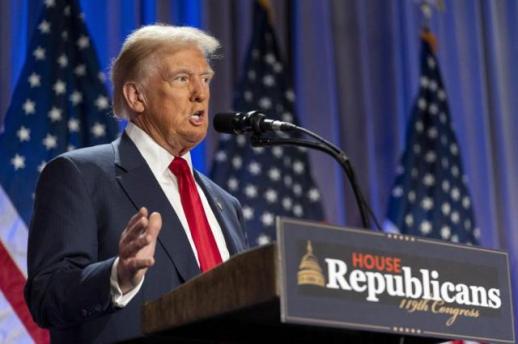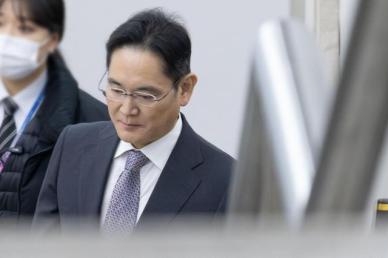 |
||
| IMF chief economist Olivier Blanchard | ||
"Sustaining it (the recovery) will require delicate rebalancing acts, both within and across countries," Blanchard said in an article entitled "Sustaining a Global Recovery." The article will appear in the September issue of the IMF's Finance & Development magazine.
Blanchard cautioned that predictable models based on past recoveries from recessions would not apply to the worst global slump in seven decades.
"In normal recessions, however disruptive they are to businesses and jobs, things turn around predictably. The current global recession is far from normal," he said.
"The world is not in a run-of-the mill recession. The turnaround will not be simple. The crisis has left deep scars, which will affect both supply and demand for many years to come," he observed.
More and more data released recently indicate that the ongoing recession is coming to an end. Many economists expect that the U.S. economy, which is at the core of the financial crisis, will rebound in the third quarter of this year.
Blanchard pointed out that it is hard to achieve "normal" growth.
"Growth will not be quite strong enough to reduce unemployment, which is not expected to crest until some time next year," he said, "in nearly all countries, the costs of the crisis have added to the fiscal burden, and higher taxation is inevitable. All this means that we may not go back to the old growth path, that potential output may be lower than it was before the crisis."
Since the world economy is on the track of recovery, the key question, then, is what will sustain the recovery.
Blanchard said that two rebalancing acts will have to come into play.
"First, rebalancing from public to private spending. Second, rebalancing aggregate demand across countries, with a shift from domestic to foreign demand in the United States and a reverse shift from foreign to domestic demand in the rest of the world."
On the national front, he said that the fiscal response to the crisis was to increase government spending, lower taxes, and accept much larger fiscal deficits. Given the collapse of private demand, and the inability to reduce interest rates below zero, governments clearly chose the right response.
But large deficits lead to rapid increases in debt. Blanchard predicted that the fiscal stimulus will not continue very long.
He believed that eventually, the fiscal stimulus will have to be phased out, and private demand must replace it.
He said that low interest rates is likely to help the recovery. The Federal Reserve can leave the policy rate -- the federal funds rate -- at zero if it needs to, and, because inflation expectations are more likely to increase than to decrease, real rates are likely to remain negative.
However, he said that the U.S. policymakers cannot count on low interest rates alone to deliver a sustained U.S. recovery.
He also emphasized on the importance of rebalancing demand across countries.
"If the U.S. recovery is to take place, if the fiscal stimulus must be phased out, and if private domestic demand is weak, then U.S. net exports must increase. In other words, the U.S. current account deficit must decrease. That means that the rest of the world, now in substantial surplus, must reduce that current account surplus," he noted.
Blanchard said that an understanding of the issues at stake and the dangers as well as coordination between countries are likely to be as crucial during the next few years as they were during the most intense part of the crisis.
By Mu Xuequan (XFN)
©'5개국어 글로벌 경제신문' 아주경제. 무단전재·재배포 금지









![[포토] 눈 쌓인 덕수궁](https://image.ajunews.com/content/image/2024/11/27/20241127082949997862_388_136.jpg)
![[포토] 화성시 화재현장 합동감식](https://image.ajunews.com/content/image/2024/11/26/20241126123450357646_388_136.jpg)
![[포토] 법원, 이재명 위증교사 1심 무죄 선고](https://image.ajunews.com/content/image/2024/11/25/20241125145229136612_388_136.jpg)
![[포토] 법원 출석하는 이재명 대표](https://image.ajunews.com/content/image/2024/11/25/20241125140609985611_388_136.jpg)







